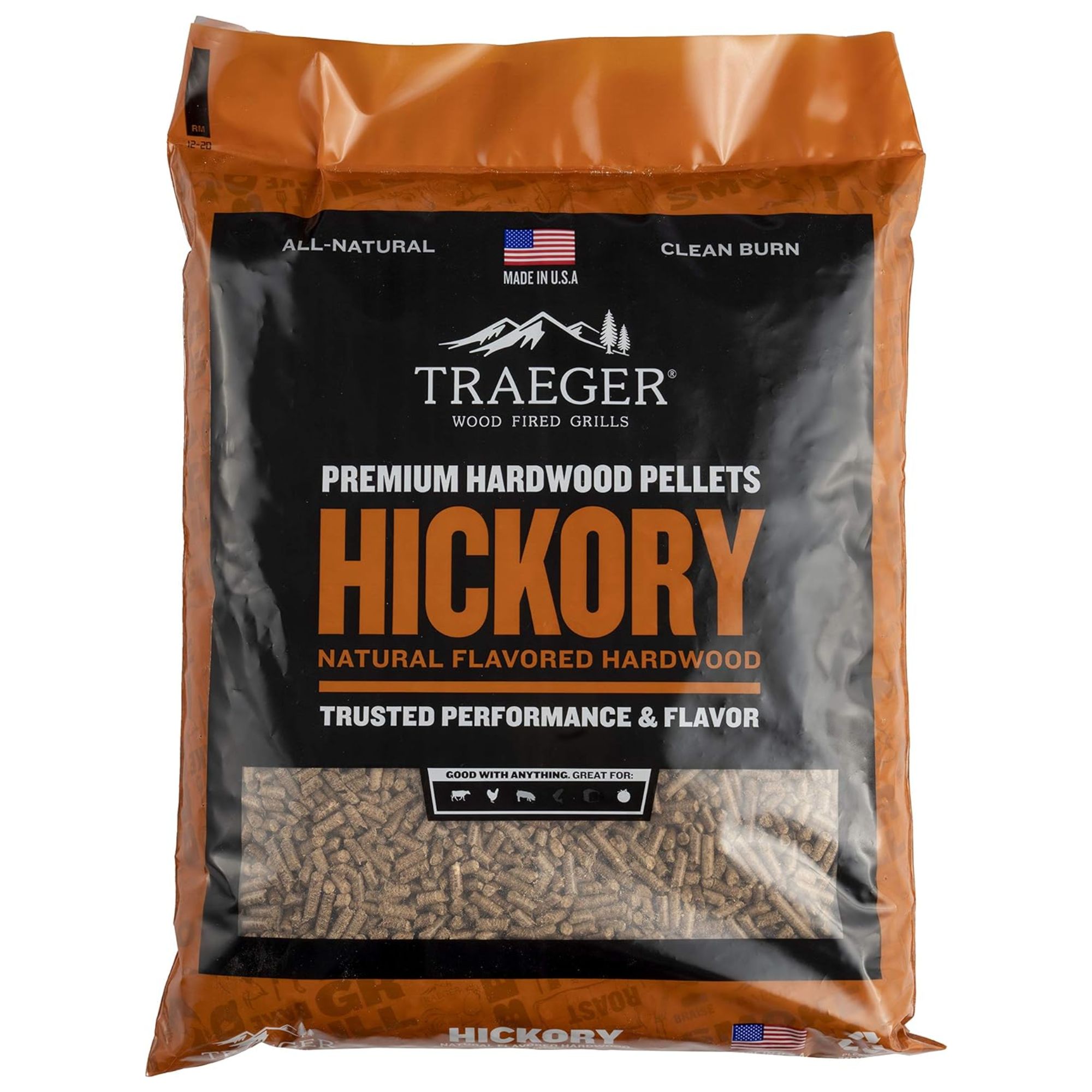What is a pellet smoker? We ask the experts
Everything you need to know about pellet smokers

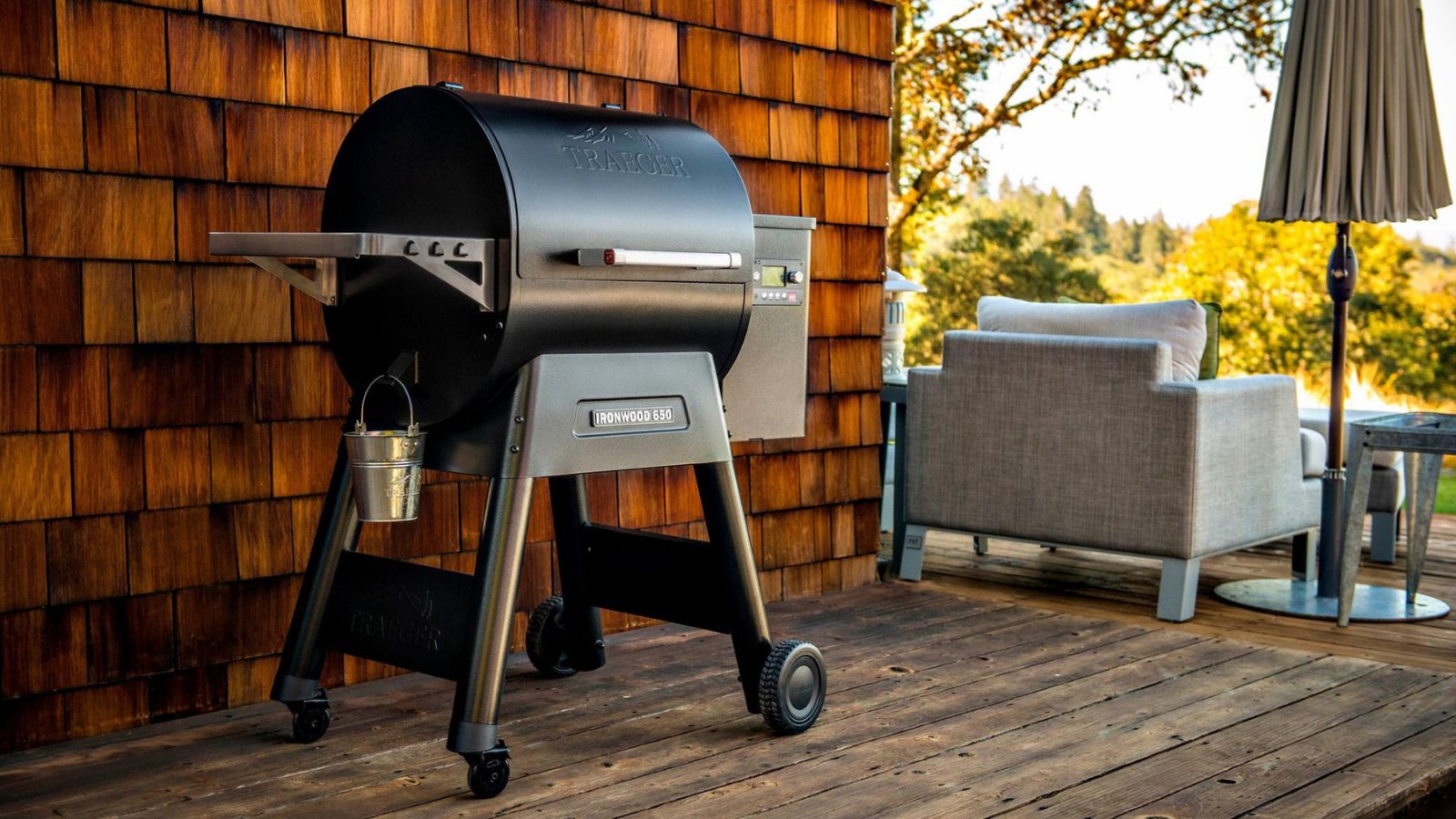
Design expertise in your inbox – from inspiring decorating ideas and beautiful celebrity homes to practical gardening advice and shopping round-ups.
You are now subscribed
Your newsletter sign-up was successful
Want to add more newsletters?
Grilling season is here, and if you're looking for a way to step up your grilling game, a pellet smoker could be the perfect tool.
However, the world of grilling is full of marketing jargon, and if you don't know what you're looking for it can be easy to be scammed into buying a grill you don't want or need.
As a product tester, I've tested plenty of the best grills, so I know exactly what makes for the best. All you need to know is that a pellet smoker is an appliance that smokes meats using wood pellets.
What is a pellet smoker?
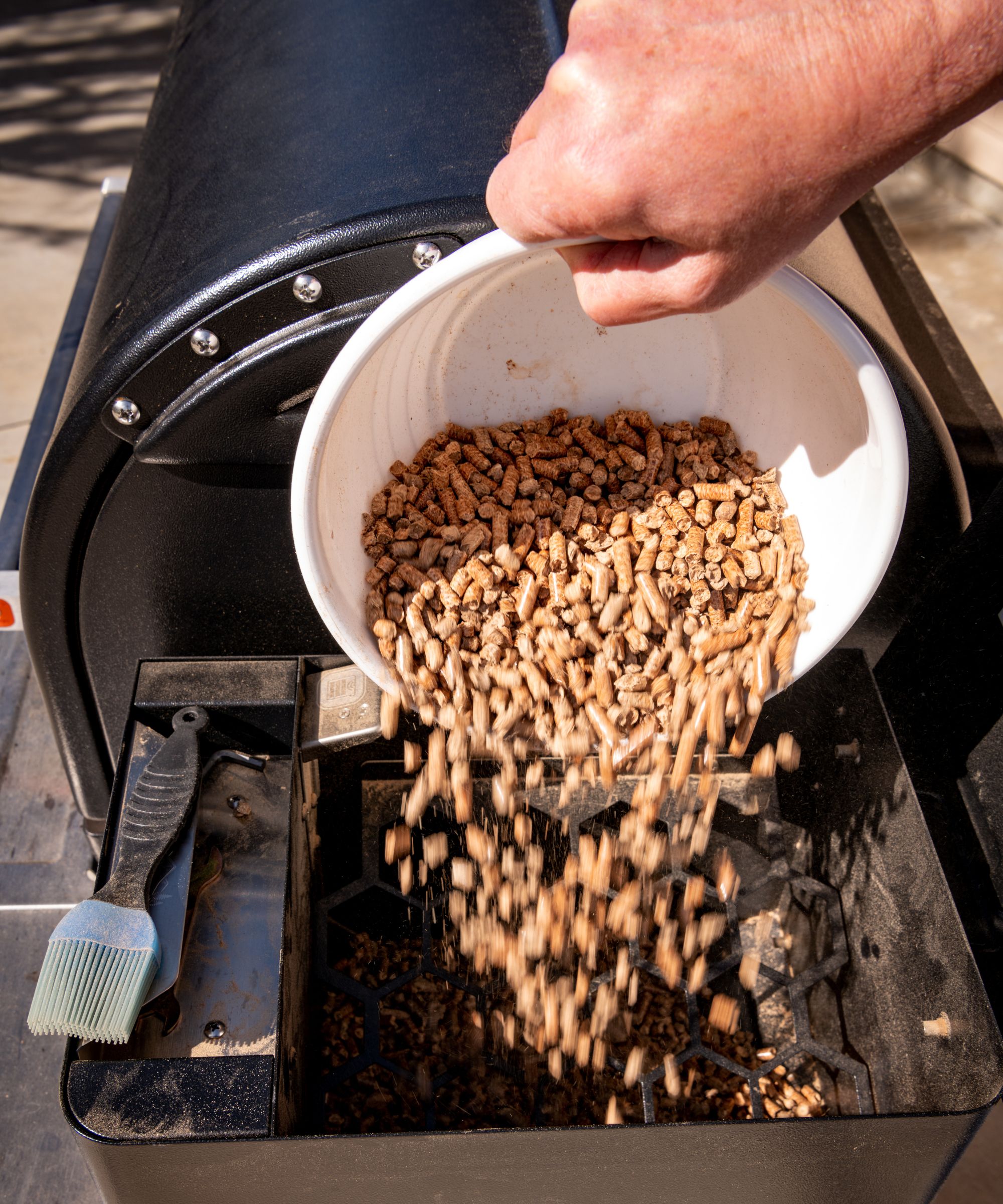
A pellet smoker is an appliance designed to smoke meats and other ingredients. Unlike a gas grill, which uses propane or natural gas; a charcoal grill, which uses charcoal; or an electric grill, which uses electricity, a pellet smoker cooks using wood pellets. These pellets give off smoke, infusing your food with a smoky flavor.
What are the benefits of a pellet smoker?
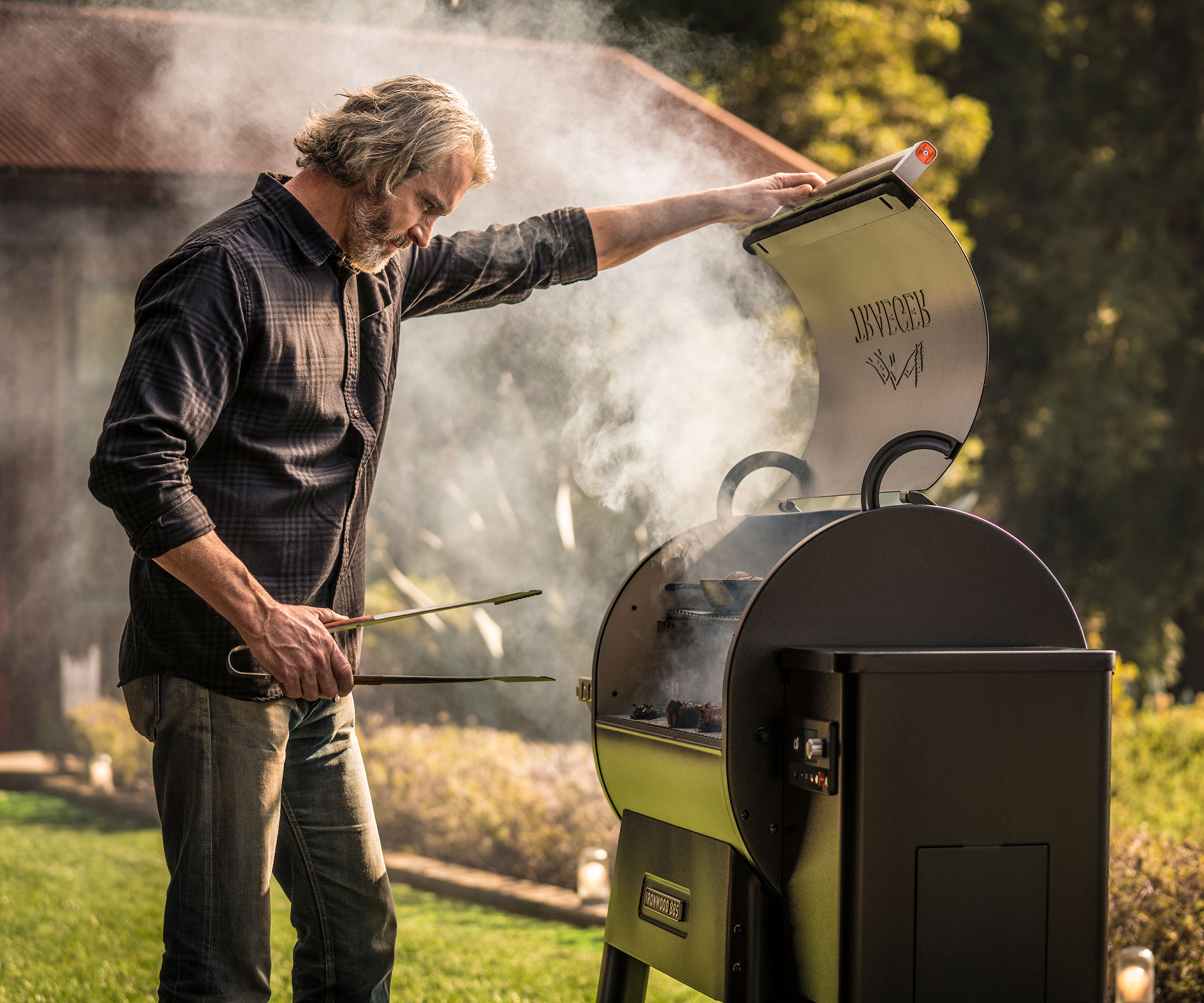
The biggest benefit of a pellet grill is that it's a lot easier to use than other methods of smoking. Smoking on a charcoal grill - whether drum or kettle - means you have to master when and how you apply your wood chips, learn about indirect heat, and for thick joints of meat that need hours of smoking, learn grilling techniques like the 'snake method', so that you can smoke for hours at a time.
Instead, a pellet grill slowly burns through wooden pellets. There's no technique to learn; it slowly smokes meats by the nature of the fuel. However, most pellet grills go one better than this and have thermometers and timers built in. This means that they can keep a consistent temperature and rate of smoke for hours. With a good pellet grill, you don't need to do anything. You prepare your meat, add the pellets, and you can let the smoker do its thing for hours without you having to intervene.
Pellet smokers also tend to have a bigger capacity than other grills. Because they don't always grill food - that is, cooking ingredients over a flame, held up by rungs of hot metal - they can double the capacity, because when you're smoking, the 'grill' is basically just a shelf. This means that an entry-level pellet grill can hold much more food than an entry-level gas or charcoal grill. If you want to feed a crowd with smoked spare ribs, a pellet smoker is by far your best bet.
Design expertise in your inbox – from inspiring decorating ideas and beautiful celebrity homes to practical gardening advice and shopping round-ups.
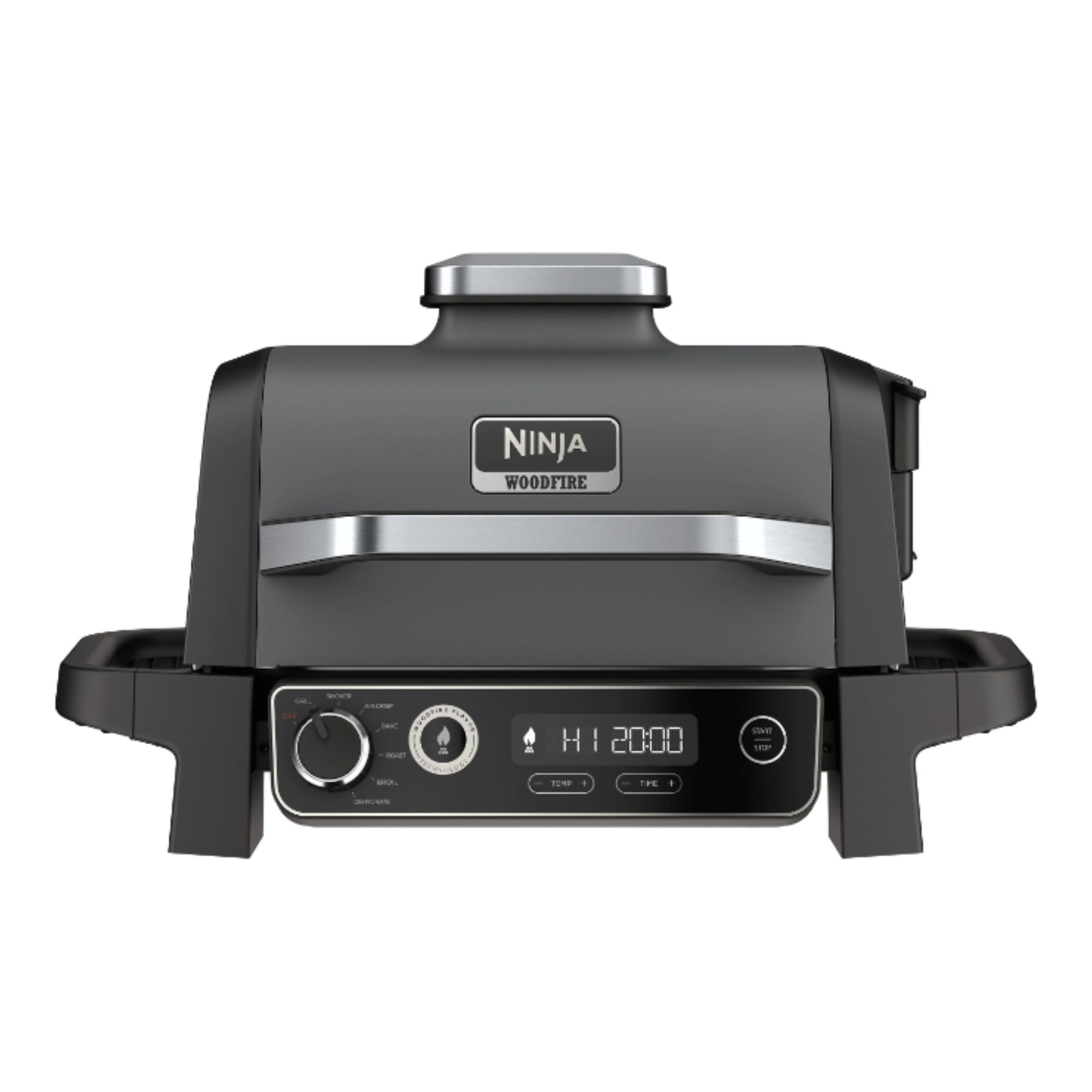
I was amazed at the performance of this little electric smoker - it brings delicious smoky flavor on a budget.
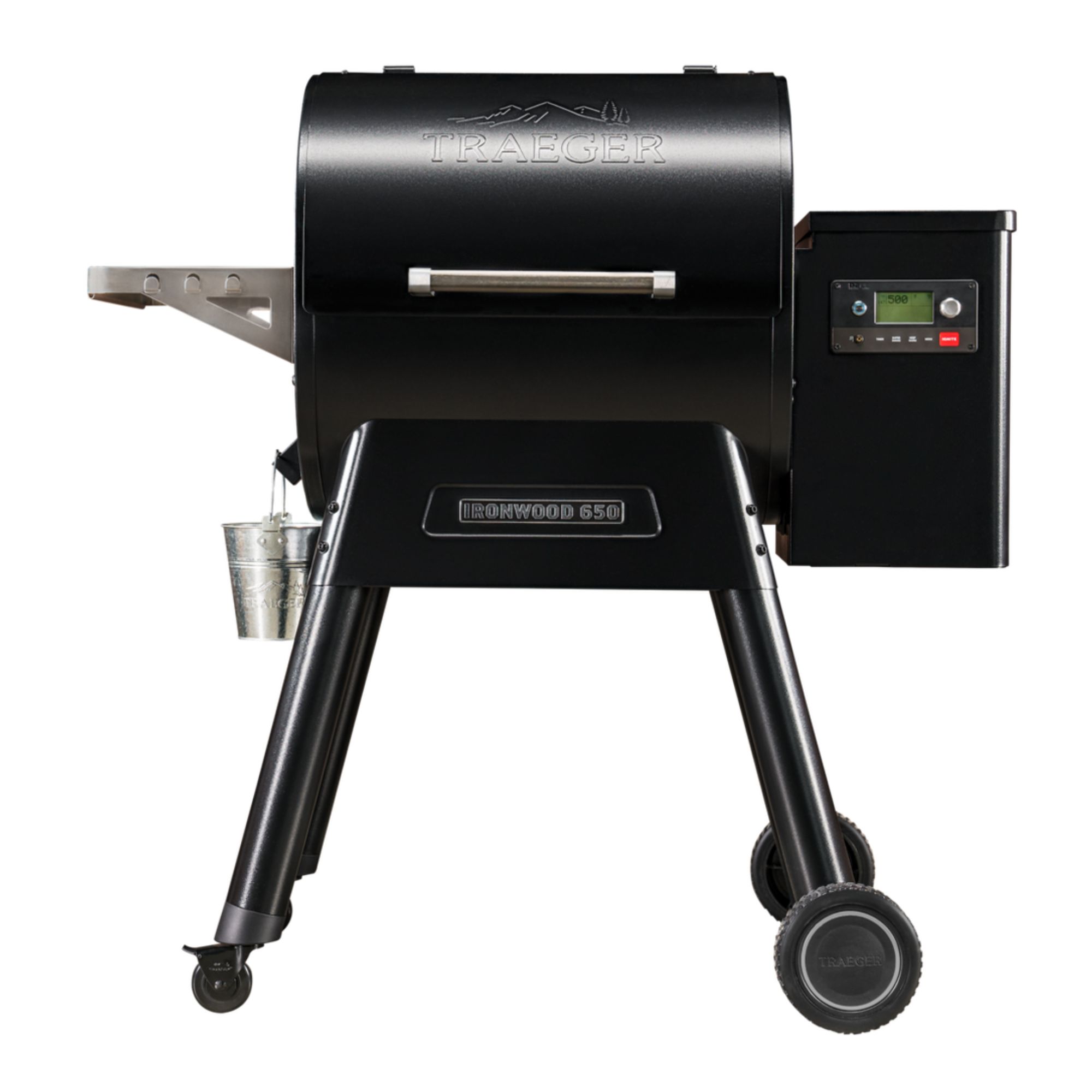
This is the gold standard of pellet grills: it has everything you need and no more. It's easy to use and perfect for beginners.
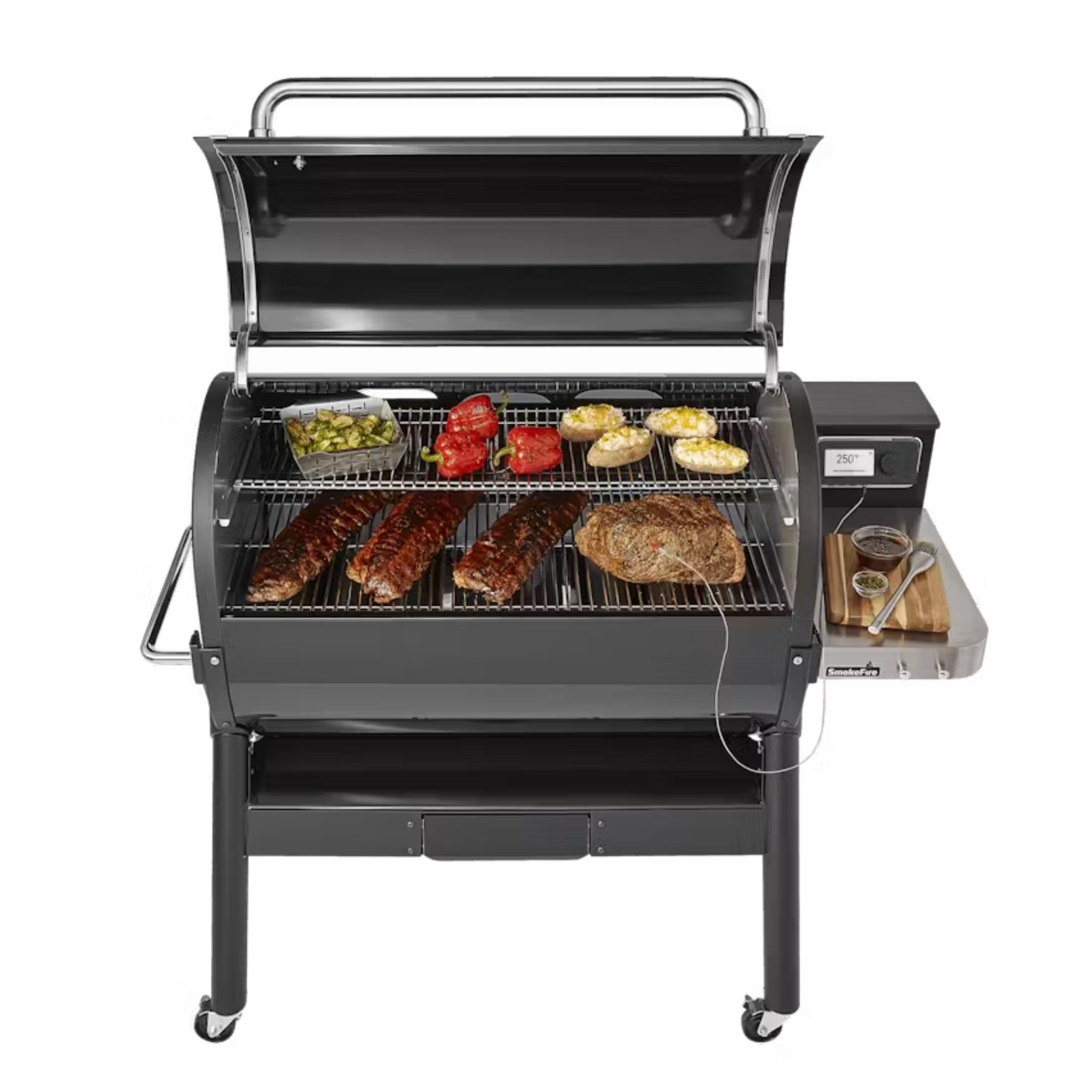
This huge smoker can more than feed a crowd - it's the perfect tool for catering to big family gatherings.
What are the drawbacks of a pellet smoker?
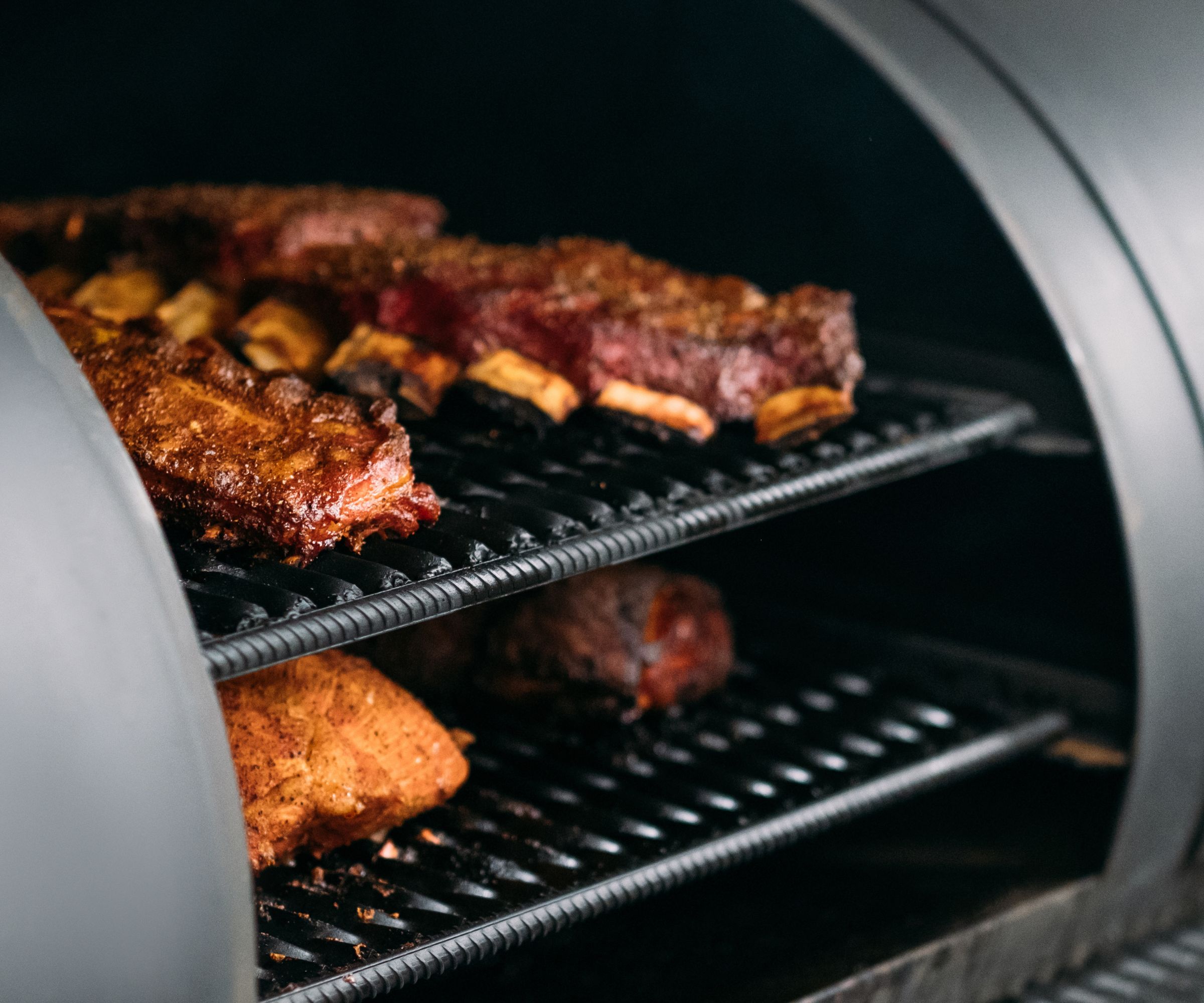
Pellet smokers tend to be expensive, usually around $200-$300 more expensive than the equivalent gas grill, and hundreds of dollars more expensive than the equivalent charcoal grill.
While you can just about grill on a smoker, even the main filling grate closest to the fire isn't as effective as a gas or charcoal grill. Those grills are still much, much hotter than a smoker and achieve a better sear, so while a smoker can make burgers, they aren't as good as a dedicated grill. What's more, grilling halves the capacity because the upper shelf of the smoker isn't hot enough to grill. It will still cook food, but not as fast as the main grill on the bottom.
Gardens expert Drew Swainston also pointed out that 'Though the thermometers and timers on most pellet smokers are useful, they mean that you have to have an outdoor power outlet to use them.'
Worst of all, pellets make for less intense smoke. A solid piece of wood burns uniformly, but pellets are lots of tiny pieces of wood burning at once. This means that there's lots of air mixed in with the smoke, weakening the flavor. This can be a good thing - it's easy to overdo it with strong smoking woods like post oak or hickory - but if you want the most intense flavor possible, a pellet grill may not achieve it.
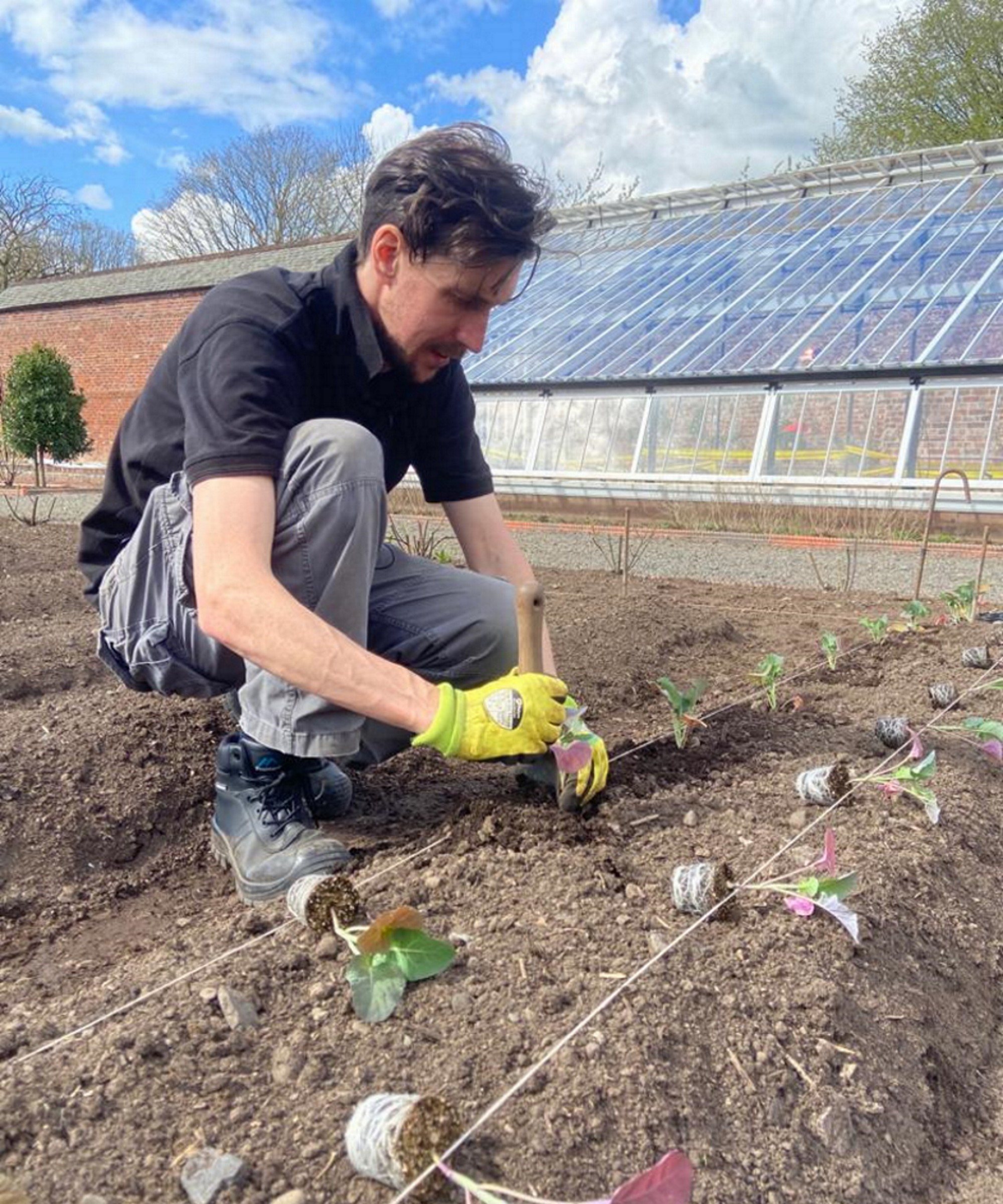
Drew’s passion for gardening started with growing vegetables and salad in raised beds in a small urban terrace garden. He has gone on to work as a professional gardener in historic gardens across the UK and also specialises as a kitchen gardener growing vegetables, fruit, herbs, and cut flowers. That passion for growing extends to being an allotmenteer, garden blogger, and producing how-to gardening guides for websites. Drew was shortlisted for the New Talent of the Year award at the 2023 Garden Media Guild Awards.
Pellet smoker FAQs
Can you sear with a pellet smoker?
You can sear with some pellet smokers, but not well. If your pellet smoker can reach temperatures above 400-450°F you can sear, but if not, then you won't be able to sear.
For more information about smoking, take a look at my guide to the best wood for smoking and whether or not a regular grill can work as a smoker.

As a gardens and lifestyle contributor, Alex makes sure readers find the right information to help them make the best purchase. Alex got his start in reviewing at the iconic Good Housekeeping Institute, testing a wide range of household products and appliances. He then moved to BBC Gardeners’ World Magazine, assessing gardening tools, machinery, and wildlife products.
